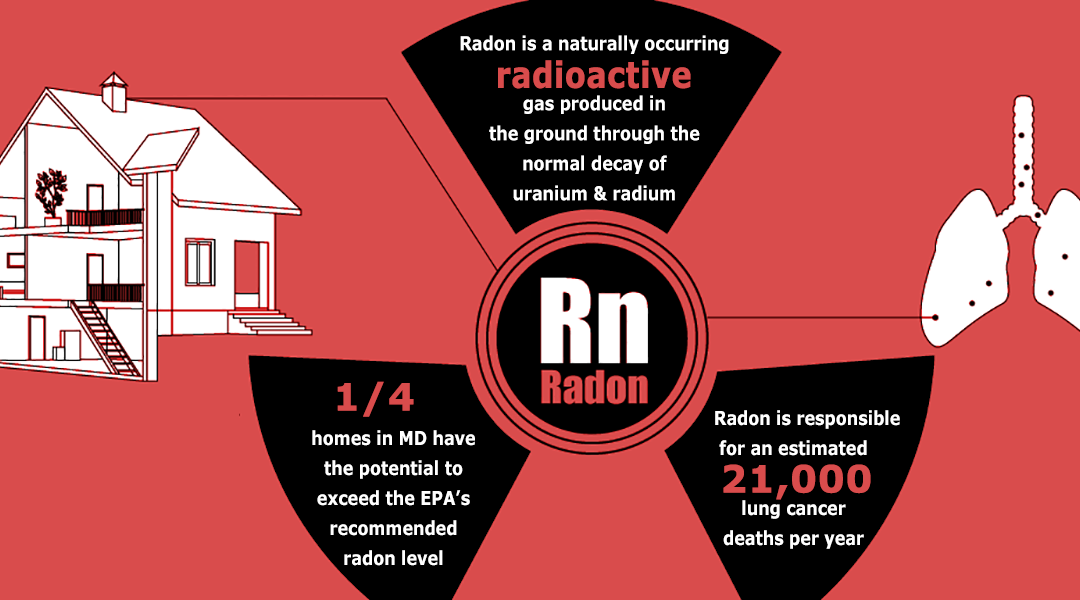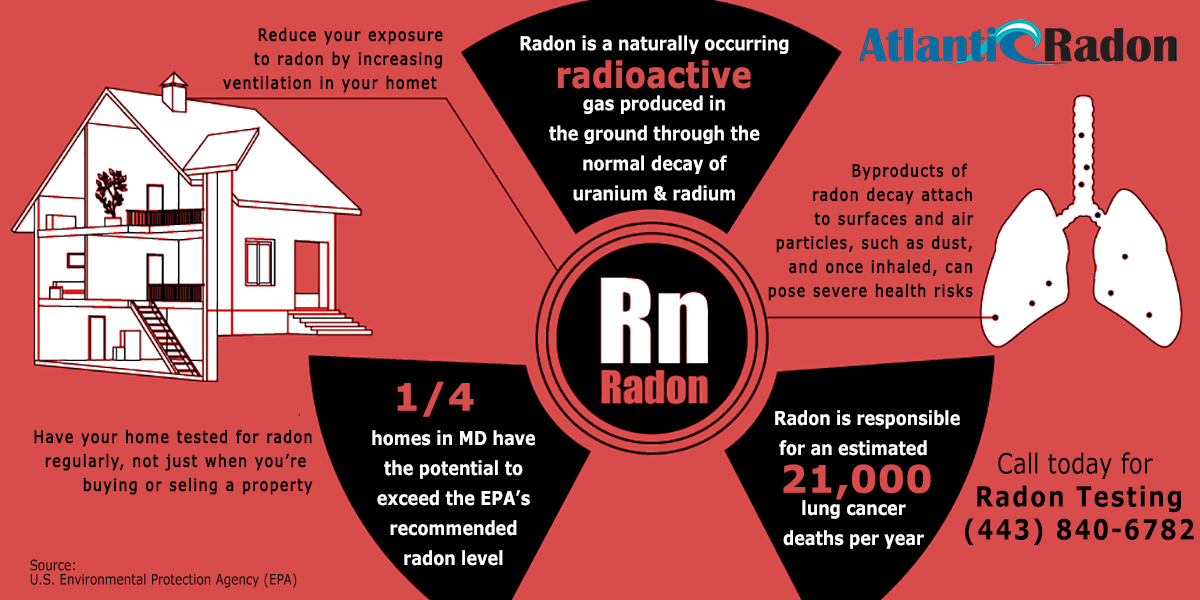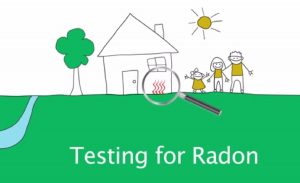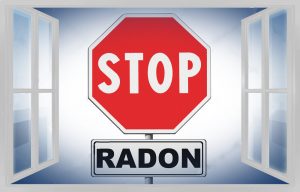In 2005, a European study and a North American study showed a direct link between lung cancer and radon exposure at home. These studies ended the debate about radon-related health problems as being mere occupational hazards. They established that being exposed to radon — even at low levels — could result in lung cancer.
How would you know if you’re exposed to this harmful gas and are at risk of developing radon-related health problems?
Effect of Radon in Your Body
The problem with radon exposure is that it is difficult to detect. Because you can’t smell, taste, feel, or see it, you won’t know you are already exposed to it until you start noticing symptoms. Even then, radon exposure may not be the first thing in your mind that’s causing your illness.
Breathing in radon for a long period is toxic. When you inhale it, the gas reaches your lungs’ lining and releases radiation. Over time, exposure to the gas could damage your cells, resulting in lung cancer.
Symptoms of Radon Exposure
Symptoms associated with radon exposure wouldn’t show up right away. In fact, you may not feel anything for years.
Radon exposure and lung cancer typically share the same symptoms. If you notice any of these symptoms, get in touch with your doctor right away and get yourself tested for lung cancer.
- Shortness of breath
- Nagging cough that won’t go away
- Chest pain
- Wheezing
- Drastic weight loss
- Coughing up blood
Ways Radon Could Get into Your Home
Radon gets into your home through the cracks on the walls and floors. Tiny pipe openings could also let the gas in and trap it. Typically, the area in your home with the highest radon concentration is the basement or crawl space, as they are closest to the ground.
Radon Testing in Your Home
There is no other way to determine if your home is exposed to this dangerous gas but by undergoing radon testing.
When hiring a radon tester, make sure to ask about their testing approach and what preparations (if any) you need to do to ensure reliable test results. If you’re testing radon levels by yourself, be sure to have all doors and windows closed for a minimum of half a day before testing. Following testing instructions to the letter is of utmost importance. Furthermore, recording data is vital to ensuring proper analysis of results.
Are you worried that you and your family may be exposed to radon? Consider radon testing in your home.
Atlantic Radon offers radon testing and abatement at Annapolis and Severna Park. Our team of qualified technicians could help you determine the best testing and abatement solutions for your property. Fill out our contact form to learn more about our services.





